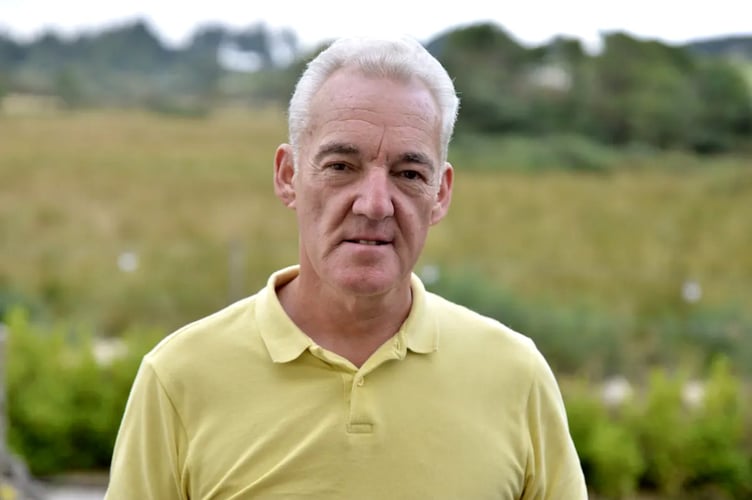Dr Keith Wilkinson, a retired consultant anaesthetist, has spoken out in support of the Assisted Dying Bill. In this letter, he explains why he thinks terminally ill patients shouldn’t be denied the right to die...
I worked at Noble’s as a consultant anaesthetist for thirty years before retiring three years ago.
Including my training, I spent thirty-seven years as an anaesthetist, and during that time I have seen many patients having ‘end-of-life’ care; – on the wards, in the ICU and I was occasionally asked if I could become involved in the care of patients in the hospice, when the more 'conventional approach’ to pain management had not been successful. There have been many patients I have been involved with over the years when I felt strongly that we failed to give them adequate end-of-life care.
According to the organisation ‘Dignity in Dying’, it is estimated that up to 650 patients a year, who have a terminal illness, take their own lives in the UK.
They also estimate that around 3,000 to 6,500 patients attempt to do so, with around 50 who travel to Switzerland for an assisted death.
My own father tried to starve himself at the end of his own life to try to ‘speed it up’.
My mother told me a few times ‘I wish I could just go to sleep and not wake up’. If assisted dying had been an option for some of the patients I was involved with, and my parents, I have no doubt that they would have chosen to die that way.
I am at a loss to understand how anyone can feel it is wrong to deny this to patients, some of whom, I believe, would choose it if it were available to them.
This is not something new; it is happening around the world, in Australia, New Zealand, Canada, one in five states in the USA and Spain, among other countries.
The doctors and nurses who work at the hospice have my utmost respect, but, to me palliative care simply does not work for every patient. One was a young man who was dying of metastatic cancer and in the hospice.
After being there for around twelve days, he was on end-of-life care and unconscious for most of that time.
I’d been peripherally involved in his care for the previous couple of years and every few days I’d call in to see how things were going. When I visited that day his mother looked at me despairingly and said: ‘This is so wrong Keith, you wouldn’t treat a dog like this’.
I had to agree with her, but with the law as it stands the doctors and nurses were unable to do anything more than was being offered.
For those who are against this legislation, they don’t have to use the option of assisted dying.
For others like me, I feel that choice should be available.
I hope that the Assisted Dying Bill proposed by Alex Allinson, MHK, is successful, and I thank him for his efforts to bring about this change in legislation and bring compassion and dignity to some of those who die here.’


.jpeg?width=209&height=140&crop=209:145,smart&quality=75)
.jpeg?width=209&height=140&crop=209:145,smart&quality=75)
.jpeg?width=209&height=140&crop=209:145,smart&quality=75)
Comments
This article has no comments yet. Be the first to leave a comment.